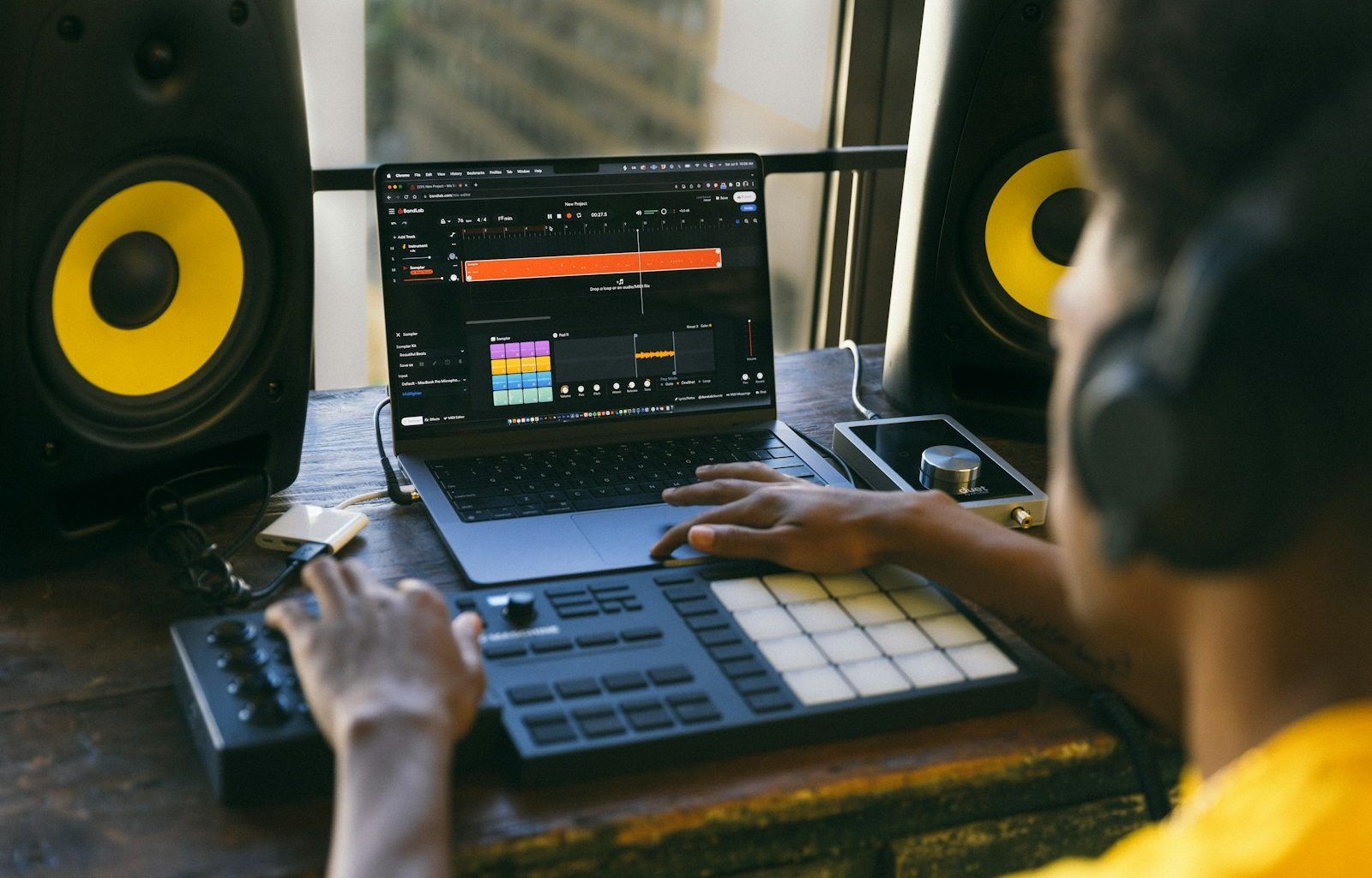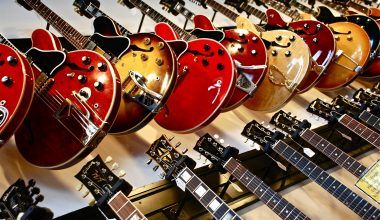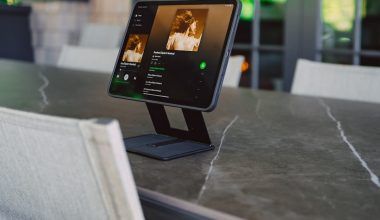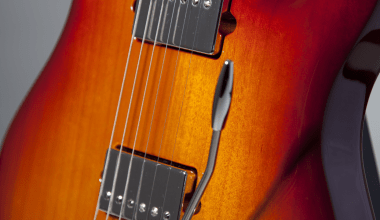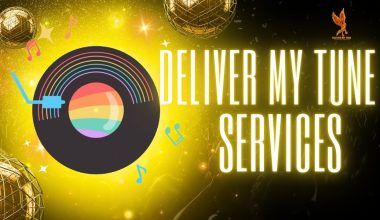DAWs have revolutionized the way we make music. Gone are the days when you needed a full recording studio. Now, all you need is a laptop, some software, and a little creativity. Popular DAWs like Ableton Live, FL Studio, and Logic Pro have made professional-grade music production accessible to everyone.
Why Should You Use a DAW?
The beauty of DAWs music lies in its flexibility. With a DAW, you can create any genre of music, from electronic dance tracks to soulful ballads. Here are just a few reasons why DAWs are essential:
- Creative Freedom: A DAW allows you to experiment with endless sounds and effects. The possibilities are only limited by your imagination.
- Cost-Effective: Compared to renting studio time, investing in a DAW is much cheaper in the long run.
- Portable Studio: With a laptop and headphones, you can make music anywhere—whether you’re at home, on a plane, or in a coffee shop.
- Collaborative Tools: Many DAWs support online collaboration, making it easy to work with other artists no matter where they are.
Getting Started with DAWs Music
When you’re new to DAWs music, it can feel overwhelming. But don’t worry—getting started is simpler than it seems. Follow these steps to begin your journey:
Step 1: Choose the Right DAW
Not all DAWs are created equal. Some are better for beginners, while others cater to advanced users. Here are a few to consider:
- GarageBand: Perfect for beginners with Mac devices.
- FL Studio: Popular among electronic music producers.
- Pro Tools: The industry standard for professional studios.
Step 2: Gather Your Equipment
While DAWs music can be created with just your computer, a few extra tools can enhance your experience. Consider investing in:
- Audio Interface: Improves the quality of your recordings.
- MIDI Keyboard: Helps with creating melodies and beats.
- Studio Headphones: Provides accurate sound for mixing and editing.
Step 3: Learn the Basics
Most DAWs have tutorials to help you get started. Take time to explore features like:
- Recording Tracks: Start by recording your voice or an instrument.
- Editing Tools: Learn how to cut, move, and adjust audio clips.
- Adding Effects: Experiment with reverb, delay, and EQ to enhance your sound.
Tips to Excel at DAWs Music
Once you’ve mastered the basics, it’s time to take your skills to the next level. Here are some practical tips:
- Organize Your Projects: Use color-coding and labeling to keep your tracks tidy.
- Use Templates: Create templates for your most common setups to save time.
- Experiment with Plugins: VST plugins can expand your DAW’s capabilities.
- Learn Shortcuts: Keyboard shortcuts can speed up your workflow dramatically.
Popular Genres for DAWs Music
DAWs are incredibly versatile and can be used to produce virtually any genre. Here are some examples of how they shine:
- Electronic Music: DAWs like Ableton Live are ideal for creating EDM, house, and techno tracks.
- Hip-Hop: Programs like FL Studio are popular for crafting beats and sampling.
- Rock and Pop: Use DAWs to record live instruments and vocals, then mix them into polished tracks.
- Ambient and Experimental: The wide array of effects in DAWs make them perfect for creating unique soundscapes.
Challenges in DAWs Music and How to Overcome Them
Creating music with a DAW isn’t without its hurdles. Here’s how to tackle some common challenges:
- Learning Curve: DAWs can feel complex at first. Start small and build your knowledge gradually.
- Computer Performance: Music production can be demanding on your computer. Invest in a machine with good specs.
- Creative Blocks: Struggling for inspiration? Try experimenting with different genres or collaborating with others.
The Future of DAWs Music
The world of DAWs music is constantly evolving. AI-powered tools are now being integrated into DAWs, offering features like automatic mastering and intelligent drum programming. As technology advances, creating professional-quality music will become even more accessible to everyone.
Final Thoughts on DAWs Music
DAWs music has transformed the way we create and experience music. Whether you’re an aspiring musician or a seasoned producer, there’s always something new to learn. With the right tools and a bit of practice, anyone can make music that sounds amazing.
For further reading, explore these related articles:
For additional resources on music marketing and distribution, visit DMT Records Private Limited.
